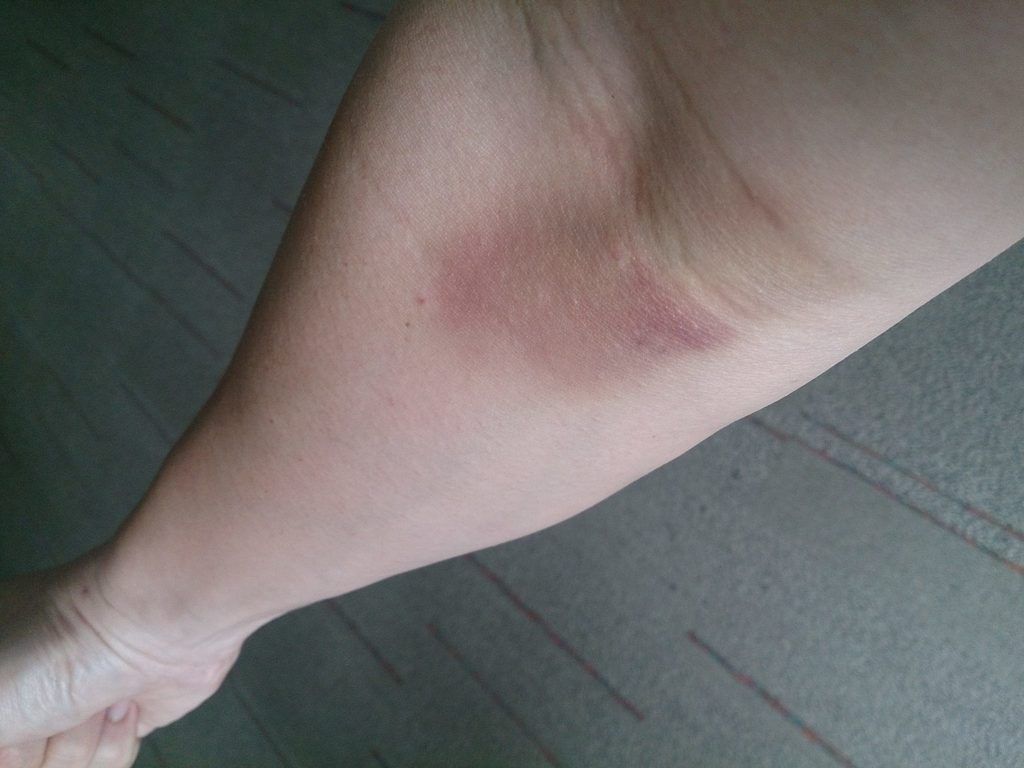When the levels of glucose in the blood become increase, it means we have hyperglycemia or high blood sugar. We get glucose from foods, mostly from those containing high amounts of sugar and carbs, and low amounts of fiber and fat, like white-flour bread, baked goods, and soda.
However, high blood glucose isn’t always something we should worry about, that is if we don’t have diabetes and our body is perfectly capable of controlling these levels.
When consuming something high in carbs or sugar, the pancreas will normally produce insulin to process glucose.
If there’s some glucose left over, the body stores it in the liver, thus preventing it from staying in our blood and causing trouble. But, this happens in a healthy body.
On the other hand, if we have disease or insulin resistance, our pancreas won’t be able to produce the insulin needed for processing glucose. This means we have a higher risk of having dangerously high blood sugar levels.
Here are the most common early signs of high blood sugar, and if they sound familiar we should consult our doctor ASAP.
7 Early Signs of High Blood Sugar
1. A Cotton Mouth
If our kidneys are not able to filter out glucose, we’ll become dehydrated. Even though little thirst is not dangerous, being dehydrated for a more extended period can damage the body in many ways.
For example, it can boost the natural insulin blocker – adrenaline, thus causing blood sugar spikes. Common signs of dehydration include stinky breath, headaches, fatigue, irritability, difficulty focusing, etc.
2. Visiting the Bathroom Too Often
It might seem illogical at first, but being thirsty is closely connected to frequent urination. Our body sends the excess fluid to our kidneys to filter the blood when we have high blood sugar.
As a result, they work overtime and produce more urine than normal.
So, if we urinate more often than we expect, based on the amount of fluid we’ve drunk, our blood sugar might be elevated.
3. Brain Fog
Glucose acts as a fuel for the human body, similar to the way gas acts for cars. So, when there’s a lack of insulin, the fuel can’t be distributed through the body properly. This, in turn, means a lack of power for our bodies.
Over time, this leads to difficulty concentrating and general fatigue.
4. Blurry Vision
High blood glucose levels make the lens of the eye swell, causing blurry vision. But, reducing blood glucose should improve vision and return it to normal. That’s why people with high blood glucose levels should make regular eye exams.
Dangerously high blood glucose for a longer period can even lead to blindness.
5. Scrapes and Bruises
High blood glucose can hinder the body’s natural healing processes. It causes the narrowing of the blood vessels by stiffing the arteries, thus reducing the blood flow in the body.
As a result, blood can’t come to the wounds quickly, which means fewer nutrients and less oxygen for them to fight the infection and heal.
6. Unexpected Weight Loss
Don’t get excited about shedding pounds because of high blood glucose since it is unhealthy. What happens here is our body stops using glucose for energy and turns to burning fat.
Also, large amounts of glucose are eliminated through the urine. So, if we notice ourselves becoming slimmer without changing our exercise habits or diet, we should check our blood sugar levels.
7. Daytime Sleepiness
Having high blood glucose means the body is wasting the fuel that’s needed for providing energy. As a result, we feel tired all the time so we could use a nap. And, if we wake up a few times during the night to urinate, it’s even worse.
Some are grabbing a high-carb snack to increase their energy levels, but that’ll further raise their blood glucose. Instead, reach for quick energizing snacks that are healthy, such as a handful of almonds or Greek yogurt topped with honey.
Symptoms of Ongoing High Blood Glucose
Constant high blood glucose levels can cause more serious symptoms, such as:
- Nerve damage
- Skin and vaginal infections
- Kidney damage
- Chronic constipation
Conclusion
By knowing the early signs of high blood sugar, we’ll be able to address the problem on time and prevent many health complications.




